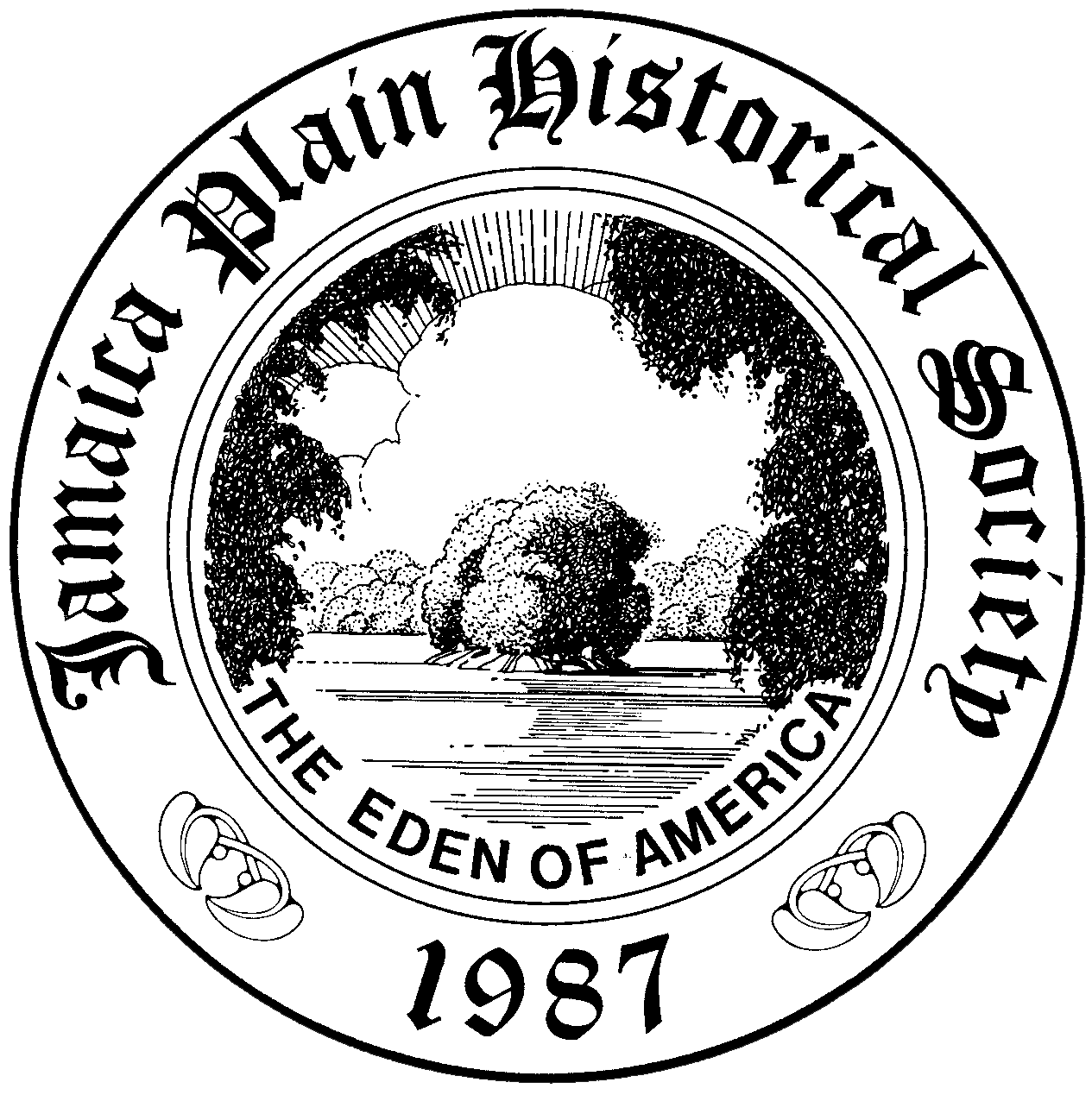Governor John A. Andrew
Nestled on the back of Sumner Hill are a band of streets with names related to Civil War events. Among them is John A(lbion) Andrew – a name that is also seen above one of the arches on the Monument and in the Civil War camp memorial stone at Brook Farm in West Roxbury, inscribed “1861-1865, Second Mass. Infantry, recruited, mustered and drilled on the grounds known as Camp Andrew, left here for the war for the Union.”
Along Charles Street at the foot of Beacon Hill (once the watery west side of the Back Bay) is a plaque identifying the site of Andrew’s home, and atop Beacon Hill in the Doric Hall of the State House is the marble statue of a short, stocky man by Thomas Ball. Once near the battle flags of the Massachusetts Civil War regiments, the statue was erected as a memorial of affectionate regard for one of the Commonwealth’s most beloved Governors. Who is this well-memorialized man?
Although born in Windham, Maine, in 1818, and raised in that state (that freed itself of Massachusetts in 1820), John A. Andrew was the first of his family to be born outside of what is today Massachusetts, for the family had settled in Boxford in the 1600s and then Salem. In a happy family, in comfortable circumstances, he graduated from Bowdoin College in 1837 in the lower part of his class, mostly because he insisted on his own voracious reading program centered on current literature and politics. He was an anti-slavery and reform activist of the Unitarian persuasion. Andrew was not so much interested in rising to the top of his profession as he was in helping the widest possible band of people that he could. Never idle, he was a man of wide interests and was always ready for political discussions.
Johnny Andrew, as he’s known to Jamaica Plain residents, studied law with a Boston lawyer and was admitted to the bar here in 1840. He became noted for his efforts in defending poorer clients and was noted for his wit and anecdotes.
His career of public service began when he became a local organizer of the new Republican Party. He became a member of the House of Representatives in 1858 and was elected Governor in 1860. He was at the Chicago Convention that nominated Lincoln. As the Civil War inevitably approached in 1861, such were Andrew’s foresight and persuasive powers that militia regiments were recruited, armed, and trained (at Brook Farm and Readville among other places) so that Massachusetts furnished the first volunteer regiment to reach Washington and continued to do so during the War for a total of 146,730 men.
A man of intellect, enthusiasm, firmness, courage, and faith, Johnny Andrew served two terms as governor (1861-1865). He pushed for formation of black regiments, finally realized in May 1863 with the 54th Massachusetts Volunteer Infantry under Robert Gould Shaw of West Roxbury. Its story is finally being told in the current film “Glory”, a fine supplement to the memorial opposite the State House. Andrew also kept a firm hand on state affairs and vetoed twelve bills.
He departed Beacon Hill on January 5, 1866 after delivering a successful valedictory address to the Legislature. Perhaps nothing made him so proud as governor as when he presided over the Return of the Flags in December 1865. Andrew returned to practicing law, but died suddenly of a stroke on October 30, 1867. He was first laid to rest in prestigious Mt. Auburn Cemetery in Cambridge, but now rests with wife and children in the Old Ship Church Burying Ground in Hingham where he had lived before 1855.
By Walter H. Marx
January 11, 1990

